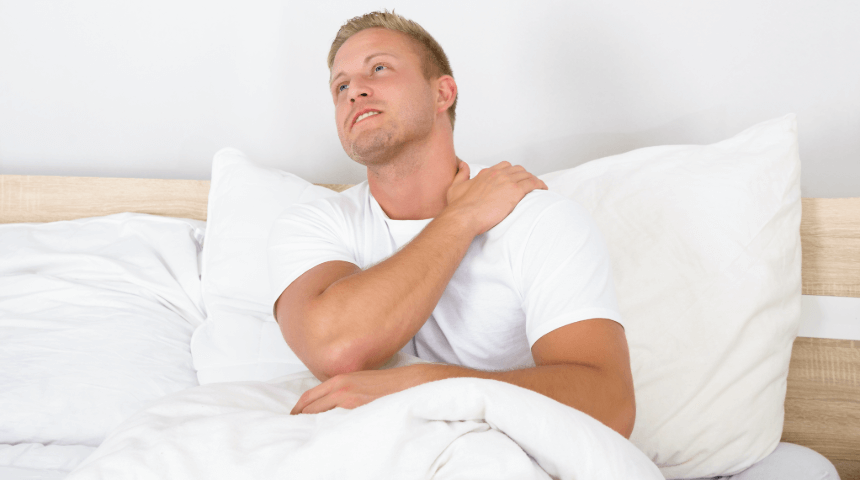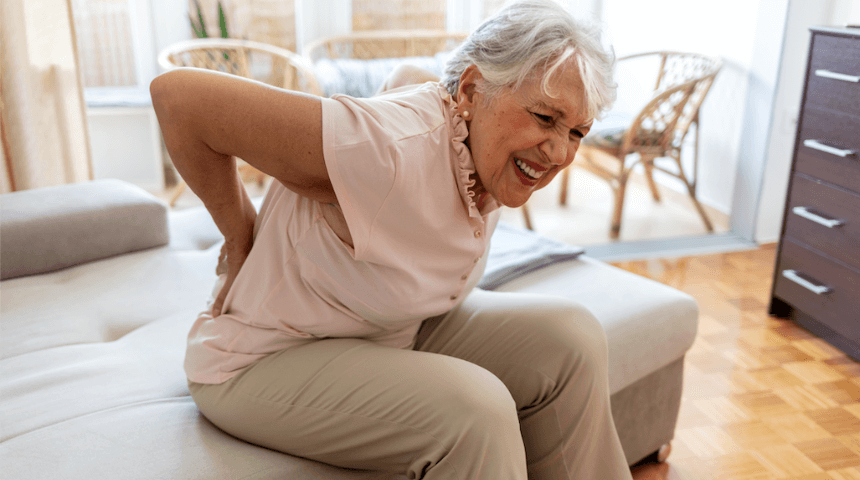Dangers of Heatstroke Hit Home with Death of Former N.Y. Giants Player
The recent death of N.Y. Giants player Mitch Petrus from heatstroke highlights the danger of heat-related illnesses — even in young, healthy people. With extreme heat across much of the country, it is essential to know how to recognize and stay safe from heat-related illnesses.
Petrus, who was 32 years old, died in Arkansas after working outside in triple-digit temperatures. He did not appear to have any serious pre-existing medical conditions to contribute to heatstroke. Although he drank water, it did not provide enough hydration and cooling to prevent the onset of heatstroke.
Like Arkansas, Florida is known for its heat — especially in the summer. But it’s the humidity that can really cause problems. While a 95-degree day certainly feels hot, the temperature presents only 10 percent of stress to the body, while 70 percent of heat stress is related to humidity. This is important to know because being outdoors on a muggy, sweltering day can make your body overheat more than a sunny, hot, but less-humid day.
Range of Heat-Related Illnesses
You can experience a variety of illnesses after being outside in the heat for too long.
While you may be familiar with the milder types of reactions such as heat rash, sunburn and heat cramps, it’s important to know the symptoms and treatments of the more serious heat-related illnesses.
Heat exhaustion
One of the most common forms of heat-related illnesses is heat exhaustion. Symptoms include dizziness, headache and nausea after being in the sun or heat too long. With heat exhaustion, you may feel sick, but are still aware of your surroundings and can answer questions appropriately.
Other symptoms of heat exhaustion include:
- Heavy sweating
- Cold, clammy skin
- Fast or weak pulse
- Nausea or vomiting
- Muscle cramps
Heat exhaustion is treated by lowering the body temperature, moving into the shade or into an air-conditioned area, using ice towels to cool off, and drinking water, sports drinks and non-caffeinated beverages. Heat exhaustion usually resolves itself within a few hours, but if it doesn’t, or if symptoms get significantly worse, call your doctor or visit urgent care.
Heatstroke
This condition, as seen with Petrus, is serious and life-threatening. It occurs when your body temperature reaches 104 degrees or higher. Without emergency intervention, your body cannot cool down, which can result in organ damage, coma and even death. Unlike heat exhaustion, if you have heatstroke, your mental status will change significantly.
Symptoms of heatstroke include:
- Hot, red, dry or damp skin
- Fast, strong pulse
- Confusion
- Losing consciousness
- Headache
- Dizziness
- Nausea
Someone having a heatstroke needs emergency treatment to cool down the body. Ideally, this is done by emergency medical professionals. However, if professional help isn’t immediately available, call 911 and move the person to a cooler area. Cool them rapidly in an ice bath, if available, or apply ice towels to lower the body temperature. Do not attempt to give them anything to drink.
Preventing Heat-Related Illnesses
While heat-related illnesses are scary, they can be prevented.
- Certain medical conditions like asthma, diabetes and high blood pressure can predispose you to being affected by the heat. Limit your time outside when the weather is hot and especially when it is humid and hot.
- Stay well-hydrated throughout the day, drinking a lot of water and sports drinks. Avoid caffeinated and alcoholic drinks.
- Seek shade, going inside periodically to cool down.
- Protect yourself from the sun by wearing a hat, sunglasses and clothing that is lightweight, loose-fitting, sweat-wicking and light-colored.
Summertime shouldn’t be dangerous, it should be fun – and with the right precautions, it can be. Avoid being outside in deadly heat and humidity, take precautions to prevent heat-related illnesses, recognize the signs of heatstroke and exhaustion, and seek medical attention promptly when symptoms are severe.
Choose to Stay in Touch
Sign up to receive the latest health news and trends, wellness & prevention tips, and much more from Orlando Health.
Sign Up for HealthBeat










